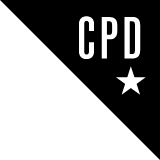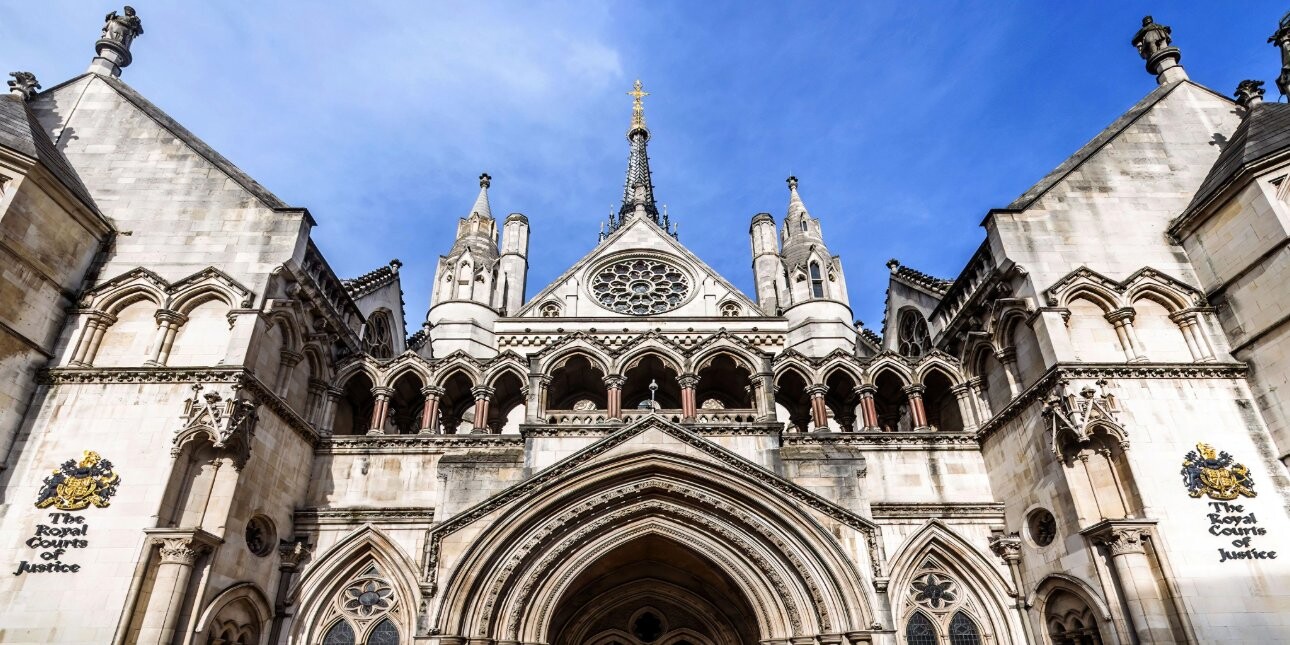Why PRs are in strong demand from legal firms right now
Cancel culture, 24/7 intensified scrutiny and social media misinformation means PRs are in strong demand from law firms right now.
When Meghan Markle won her high court privacy claim against the Mail on Sunday in 2021, any celebrations she may have planned didn’t last long.
As Markle soon found out, being triumphant in the courthouse doesn’t translate to good PR in the outside world: the court victory may mean red-tops are less likely to publish personal letters, but it was ultimately powerless in muzzling the waves of anti-Markle vitriol online, in social media and in newspapers’ opinion pages too. Today, nobody is vindicated by a judge ruling in their favour; the reputational damage lasts much longer.
Markle was represented in the high court by London law firm (and superinjunction specialists) Schillings, who launched their strategic comms business in January 2024.
Headed up by Victoria O’Byrne (former comms director for the Prince and Princess of Wales / Richard Branson) and George Pascoe-Watson (the Sun’s former political editor and ex-chairman of Portland Communications), Schillings Communications is believed to be the first time a law firm has launched such a venture.
It also highlights the growing importance of PR to law firms and their clients.
“Litigators will be used to watching things blow up in the press, so they’ll work with PRs to keep stories about their clients out of the press and minimise reputational fallout,” says PR/comms consultant Antonia Welch, who specialises in the legal sector. “Sometimes a legal solution might not be necessary, and a PR using their contacts or relaying facts via a statement to get the story readjusted might be much quicker.”
Media connections
Usually, these PRs are brought into law firms on an ad-hoc basis, often when the client has been doorstepped by a tabloid reporter. The PR then uses their media connections to help defuse any damaging stories or develops strategies to silence social media gossip.
A typical example, according to Matt Baldwin, co-founder, Coast Communications, is the “politician or celebrity who has been caught in a compromising situation” and provided with support before the story strikes, and afterwards.
These PR specialists are also drafted in to give advice in employment law disputes, plus privacy and harassment cases. “You often see [PR specialists used] in banking and finance where an employee has been sacked or faces allegations of racial or sexual discrimination,” says Baldwin.
"They’re also used in divorce cases, plus personal disputes such as ‘Wagatha Christie’ [the 2022 libel case between Rebekah Vardy and Coleen Rooney, when Rooney suspected one of her friendship circle was leaking stories to the tabloids]. Were these stories being fed by PR people, the law teams or the individuals themselves? We’ll probably never know but that’s the point of it.”
Indeed, there is a patina of furtiveness surrounding lawyer-PR relationship it. “Most of the time this PR support is behind-the-scenes stuff,” adds Baldwin. “PRs will also be working with law firms to persuade the client on holding back on spilling the beans to make sure the legal case they’re putting forward isn’t put into any kind of jeopardy.”
PR nous in today's world
In the age of 24/7 scrutiny, smear campaigns, cancel culture and disgraced MasterChef presenters digging themselves into ever-deeper holes with bizarre Instagram posts, there’s a growing demand for the media nous that PRs can bring.
One recent Roxhill Media blog referenced “lawyers are so often giving PR advice anyway, that you might as well get some actual PR people involved”, while the Financial Times suggested Schillings started its comms business partly because it found “itself passing on business to outside PR firms”.
The niche sideline is set to increase in popularity in coming years, with social media making it easier for defamatory stories and misinformation to spread online. Generative AI’s deepfakes and clones is likely to cause more reputational damage for public figures.
“Although disputes are obviously still important in the courtroom, social media has become the court of public opinion in many ways,” says Welch.
The way stories can escalate on social media means the PR-legal response is less about ‘killing off’ or blocking stories, adds Baldwin, “because that’s almost impossible once a story is out there; instead, it’s more about managing that story in a way that shows one party in a more favourable light than the other [opposing party] and correcting any inaccuracies.”
For Baldwin, it makes perfect sense lawyers and PRs are teaming up. “If a public figure gets the Friday night call from the Sun on Sunday saying, ‘We’re running this story on Sunday, have you got a comment?’ the first place they’d go to is their PR advisers, rather than lawyers… I’m sure Gregg Wallace’s recent ‘middle-class women of a certain age’ line would have made both his PR and his lawyer’s hearts sink. "
If you’re going to be under intense media scrutiny, you’ll want the right team around you from the start helping you create the best media strategy.”
It’s also worth noting lawyers regularly employ specialists/experts from military intelligence, investigators, cybersecurity, the police, government and more.
Want in?
With lawyers’ fees notoriously high (government guidelines suggest legal executives can charge £566 an hour), PR/comms firms might be wondering how they can get this kind of work.
Baldwin recommends building strong relationships with lawyers. “It won’t be the law firm that hires you as a PR adviser, but the individual lawyer managing the case,” he says. “If it’s a big firm with 50 lawyers, it can be difficult to build those relationships. Lawyers usually only bring in people they trust, so experience [of the legal sector] is critical. Waking up one morning and thinking ‘law firms have a lot of cash to spend, we’re going to offer this support’ probably won’t work.”
For those PR advisers who are employed by lawyers, it can be lucrative work. “Where PRs earn their money is when a dispute is live, or if it’s a court dispute,” says Baldwin. “That’s where PRs and their lawyers will be working hand-in-hand to ensure what is being said [in the media] is in support of their court case, rather than damaging it.”
Baldwin also points out that it’s always the lawyers who will have the upper hand in the PR-legal relationship, “because they have a range of blunt tools to use which PRs can’t, such as injunctions/super-injunctions.”
Baldwin also suggests PRs proceed with caution when advising legal clients.
“PRs need to be careful, particularly if it’s a dispute in the courts, which will have reporting restrictions and confidentiality issues. If it’s an employment dispute, for example, an individual who has left their company might have a gagging order. If this person is seen talking about their former employers to the press and it transpires the PR is behind it, the PR firm could find themselves in breach of their contract and potentially face legal action themselves.
"Those PRs who don’t understand the legal space they’re playing in could become unstuck. That’s why working hand-in-glove with the lawyers is so important.”
Could we see more PRs helping law firms? Welch thinks so.
“The world is becoming more litigious, so I can only see the relationship between law and PR firms getting stronger,” she says. “If an issue around a client is going to hit the press in a negative way, buying into the PR is crucial.”
“People are increasingly happy to air their grievances in the public eye, which will inevitably lead to disputes,” says Baldwin. “And when two high profile people fall out, you know there’ll be lawyers and PRs following somewhere behind offering their advice…”

Christian Koch is an award-winning journalist, editor, content strategist and brand consultant.
.jpg&w=728&h=90&maxW=&maxH=&zc=1)

